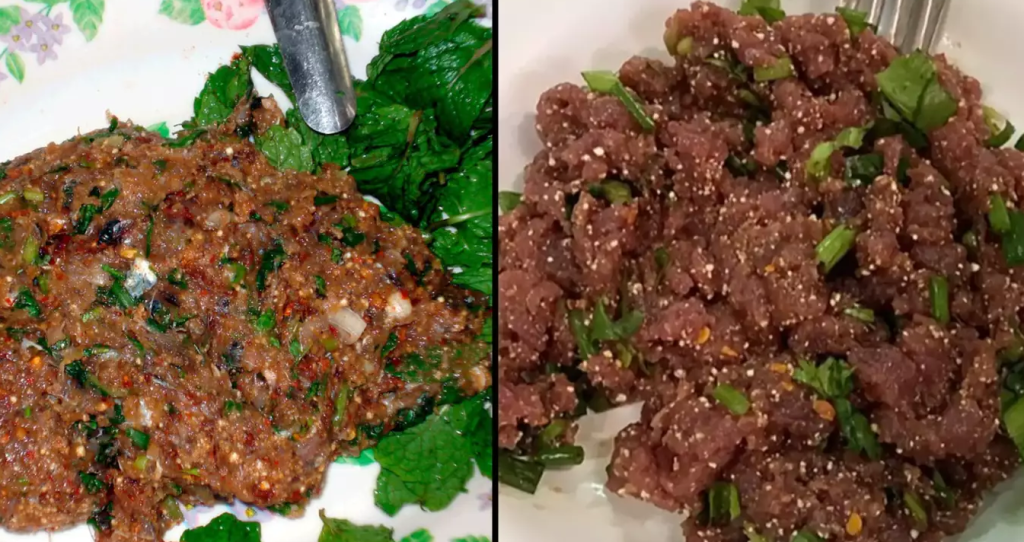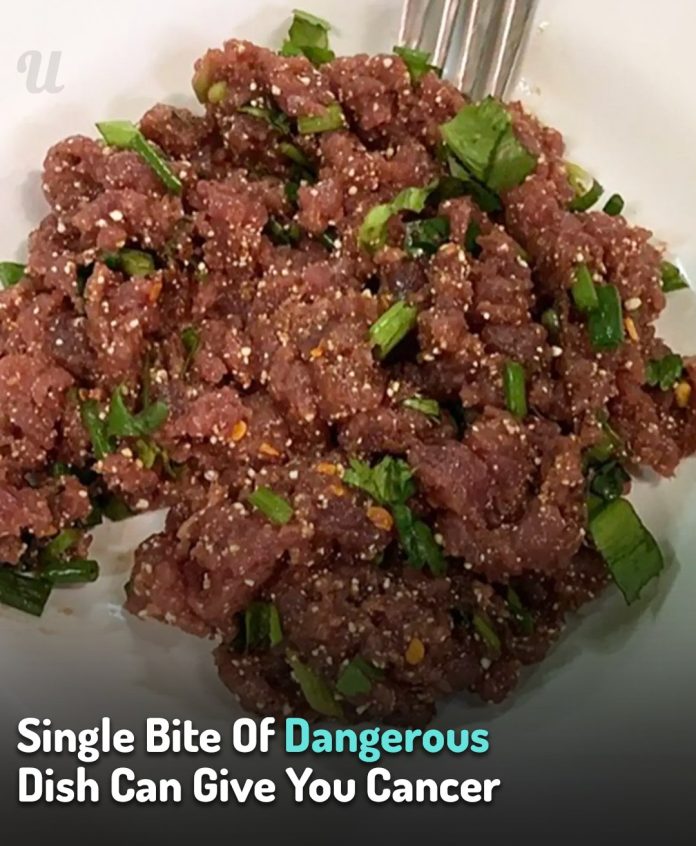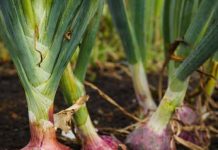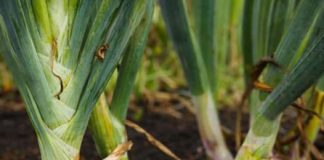Koi pla, a traditional dish from Thailand’s Isaan region, has garnered attention due to its potential health risks. This raw fish salad, seasoned with spices and lime, is deeply rooted in local culture but has been linked to a significant health concern: bile duct cancer, or cholangiocarcinoma. Understanding the connection between koi pla and this aggressive cancer is crucial for public health awareness and prevention efforts.
Cultural Significance of Koi Pla
In the northeastern provinces of Thailand, particularly in Isaan, koi pla is more than just a meal; it’s a culinary tradition passed down through generations. The dish typically consists of minced raw fish mixed with herbs, spices, and lime juice. Its preparation and consumption are communal activities, reflecting the region’s rich cultural tapestry. However, this beloved dish harbors a hidden danger that has affected countless lives in the area.

The Hidden Danger: Liver Fluke Infection
The primary health risk associated with koi pla stems from the consumption of raw freshwater fish, which may be infested with a parasitic flatworm known as Opisthorchis viverrini, or the Southeast Asian liver fluke. When individuals consume infected fish without proper cooking, they inadvertently introduce these parasites into their bodies. The liver flukes then reside in the bile ducts, leading to chronic inflammation and, over time, increasing the risk of developing cholangiocarcinoma.
Cholangiocarcinoma: A Silent Killer
Cholangiocarcinoma is a form of cancer that affects the bile ducts, which are responsible for carrying bile from the liver to the small intestine. This type of cancer is particularly aggressive and often goes undetected until it reaches advanced stages, making treatment challenging and prognosis poor. In Thailand, especially in the northeast, the incidence of cholangiocarcinoma is alarmingly high, with estimates suggesting that up to 20,000 individuals succumb to the disease annually.
Medical Insights and Research
Dr. Narong Khuntikeo, a liver surgeon whose parents died from liver cancer, has been at the forefront of research and public health campaigns addressing this issue. His work has highlighted the direct correlation between the consumption of koi pla and the prevalence of liver fluke infections leading to cancer. Dr. Khuntikeo’s efforts involve educating communities about the risks and encouraging changes in dietary habits to prevent further cases.
Community Outreach and Education
Public health initiatives have been implemented to raise awareness about the dangers of consuming raw fish dishes like koi pla. Teams comprising doctors, scientists, and anthropologists have traveled to rural areas, conducting screenings and educating villagers about the link between liver fluke infection and bile duct cancer. These efforts have uncovered alarming health data, prompting some individuals to reconsider their dietary choices.
Challenges in Changing Dietary Habits
Despite the clear health risks, altering long-standing dietary traditions poses significant challenges. For many in the Isaan region, consuming raw fish is deeply ingrained in their culture and daily life. Some individuals express reluctance to change, citing the flavorful appeal of koi pla and skepticism about the associated health risks. Overcoming these cultural barriers requires persistent education and community engagement.
Preventative Measures and Recommendations
To mitigate the risk of liver fluke infection and subsequent cancer development, health experts recommend the following measures:

- Avoid Raw Fish Consumption: Refrain from eating raw or undercooked freshwater fish. Cooking fish thoroughly kills parasites and significantly reduces infection risk.
- Community Education: Participate in local health education programs that provide information about the dangers of liver fluke infection and promote safer eating habits.
- Regular Health Screenings: Individuals who have a history of consuming raw fish should undergo regular medical check-ups to detect any early signs of liver fluke infection or bile duct abnormalities.
- Improved Sanitation Practices: Ensure that fish preparation areas are clean and that fish are sourced from safe, uncontaminated waters to minimize the risk of parasite infestation.
Conclusion
While koi pla remains a cherished dish in Thai cuisine, its association with liver fluke infection and cholangiocarcinoma cannot be overlooked. The high incidence of this deadly cancer in regions where raw fish consumption is prevalent underscores the need for increased public awareness and behavioral change. Through concerted efforts in education, community engagement, and preventive healthcare, it is possible to reduce the impact of this silent killer and promote healthier dietary practices.

















